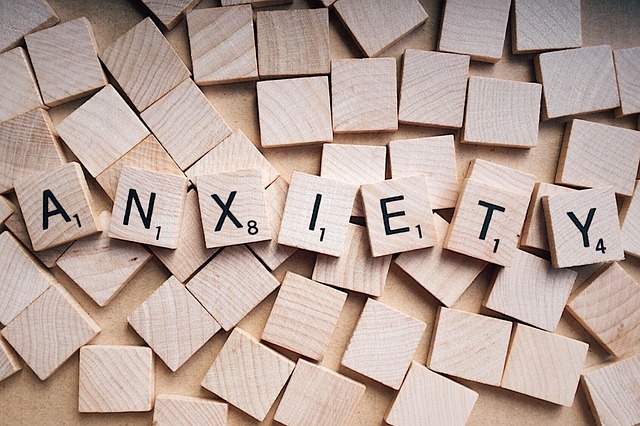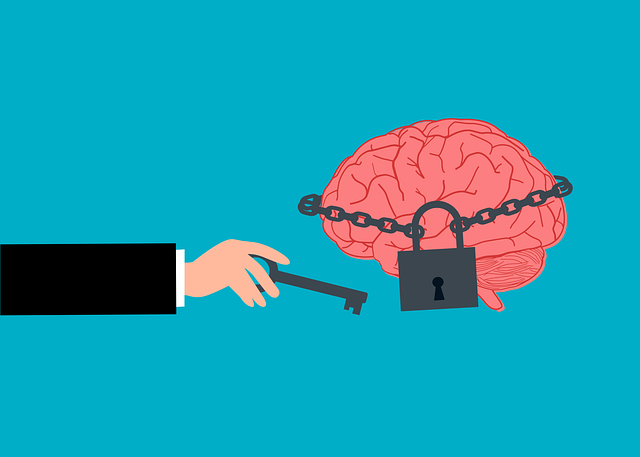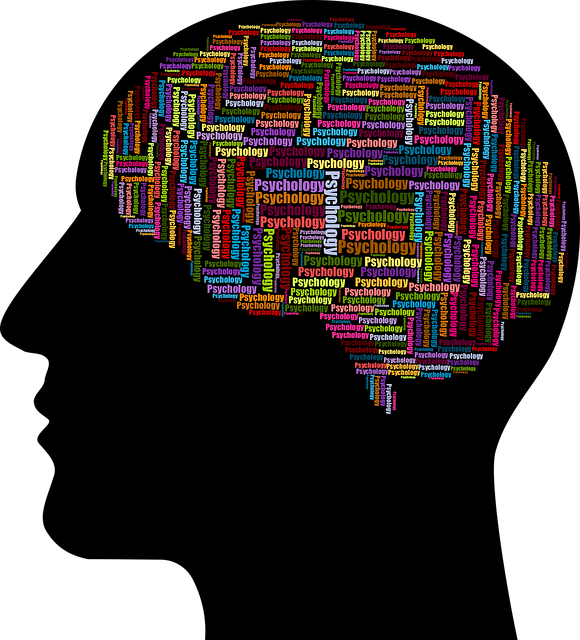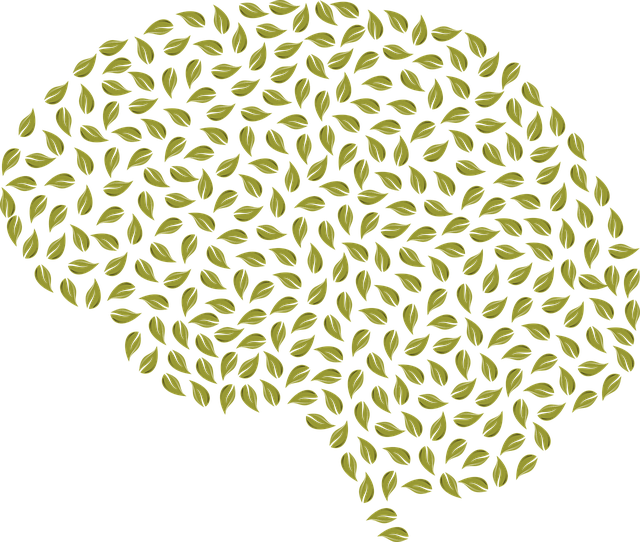Adult Conduct Disorder (ACD) significantly impacts individuals' lives, requiring effective therapy focusing on emotional healing and addressing underlying causes. Public awareness campaigns are vital tools to combat stigma, educate the public about ACD symptoms, available treatments, and early intervention. These campaigns, incorporating mindfulness and compassion cultivation, can foster self-awareness and empathetic connections. For successful campaign design, strategic messaging, diverse communication channels (social media, community events), and tailored content based on demographics are crucial. Measuring campaign success through surveys, focus groups, and qualitative data analysis ensures impact on knowledge, attitudes, and help-seeking behaviors related to therapy for ACD.
Public awareness campaigns play a pivotal role in addressing mental health issues, including Adult Conduct Disorder (ACD). This article explores the multifaceted development of such campaigns, offering insights into understanding ACD, its symptoms, and impact. We delve into the critical role of public education in destigmatizing mental illness and provide strategic guidance for effective campaign creation. From selecting optimal communication channels to measuring success, this comprehensive guide highlights best practices for enhancing awareness about ACD and available therapy options.
- Understanding Adult CD: Symptoms and Impact
- The Role of Public Awareness in Mental Health
- Developing Effective Campaign Strategies
- Choosing the Right Communication Channels
- Measuring Success: Evaluating Campaign Impact on Adult CD Awareness
Understanding Adult CD: Symptoms and Impact

Adult Conduct Disorder (ACD), a recurring behavioral pattern characterized by persistent breaking of social norms and laws, significantly impacts an individual’s life. Recognizing the symptoms is crucial for initiating therapy for adults with conduct disorder. These may include aggressive behavior, substance abuse, impulsivity, and lack of empathy towards others. The condition can lead to severe consequences such as legal issues, strained relationships, and difficulties in maintaining employment or educational pursuits.
Understanding ACD involves comprehending its profound effect on mental wellness and overall well-being. Effective therapy for adults conduct disorder often focuses on emotional healing processes, helping individuals address underlying causes and develop healthier coping mechanisms. Additionally, burnout prevention strategies for healthcare providers are essential when treating ACD to ensure the best possible care is delivered consistently.
The Role of Public Awareness in Mental Health

Public awareness campaigns play a pivotal role in shaping societal attitudes and behaviors, especially when it comes to mental health. By educating the public about various conditions, their symptoms, and available treatment options, these campaigns can reduce stigma and encourage individuals to seek help. Mental health issues, such as Conduct Disorder in adults, often require intensive therapy and support networks for successful management. Public awareness initiatives that highlight the importance of early intervention and accessible treatment can significantly impact positive outcomes for those affected.
Incorporating practices like Mindfulness Meditation and Compassion Cultivation into these campaigns has shown potential benefits. Mental Wellness Coaching Programs Development centered around such techniques can foster self-awareness, emotional regulation, and empathetic connections among individuals. These tools promote mental resilience and overall well-being, contributing to a healthier and more supportive society. Understanding the interlink between public awareness and accessible therapy options, like those for Conduct Disorder, is essential in creating comprehensive strategies that address mental health challenges effectively.
Developing Effective Campaign Strategies

Developing effective public awareness campaigns requires a strategic approach to educate and engage the target audience. When addressing complex issues like Adult Conduct Disorder (ACD), tailoring messages for different demographics is crucial. Campaigns should focus on breaking down stigma associated with mental health while promoting understanding and empathy. By utilizing various media platforms, including social media and community events, the reach can be expanded to a broader audience.
Integrating themes of inner strength development and depression prevention into these campaigns can empower individuals to recognize signs early on. Risk management planning for mental health professionals is also essential, ensuring they are equipped to handle sensitive topics effectively. A well-rounded strategy that balances education, support, and professional guidance can significantly impact the success of awareness initiatives, ultimately fostering a healthier society.
Choosing the Right Communication Channels

When designing public awareness campaigns for issues like Therapy for Adults Conduct Disorder (ACD), selecting appropriate communication channels is paramount. The choice should be guided by the target audience’s demographics, preferences, and the nature of the message. For instance, a Mental Wellness Podcast Series Production targeting younger adults might effectively reach them through social media platforms and streaming services, leveraging their high digital engagement. Conversely, for a more nuanced topic like Mental Health Policy Analysis and Advocacy, traditional media such as newspapers, television, and radio could be more suitable to ensure a broader, yet targeted, reach among the general public.
Incorporating diverse communication channels not only amplifies the campaign’s impact but also facilitates the dissemination of vital information on ACD treatment options, prevention strategies, and available support services. For example, a combination of social media campaigns, community events focusing on Social Skills Training, and collaborations with mental health influencers can create a multi-faceted approach that resonates with various segments of the population. This inclusive strategy ensures that messages about Adult Conduct Disorder therapy reach those who need it most effectively.
Measuring Success: Evaluating Campaign Impact on Adult CD Awareness

Measuring the success and impact of public awareness campaigns is paramount to understanding their effectiveness, especially when addressing niche issues like Adult Conduct Disorder (ACD). The key lies in evaluating how well these campaigns raise awareness, dispel myths, and encourage help-seeking behaviors among adults struggling with ACD. By employing robust evaluation methods, such as pre-post surveys, focus groups, and qualitative data analysis, researchers can assess the campaign’s reach and its influence on knowledge, attitudes, and intentions related to seeking therapy for Adults Conduct Disorder.
This process involves tracking changes in awareness levels, identifying shifts in perceptions about ACD, and gauging interest in or willingness to seek professional help. Moreover, examining the campaign’s impact through a lens of cultural sensitivity in mental healthcare practice and burnout prevention strategies for healthcare providers can provide valuable insights into how effectively the message resonates with diverse audiences. Incorporating self-care routine development for better mental health within these campaigns may also contribute to overall success by fostering resilience and encouraging proactive measures among individuals affected by ACD.
Public awareness campaigns play a pivotal role in tackling mental health issues like Adult Conduct Disorder (ACD). By effectively communicating symptoms, impacts, and available therapies, such initiatives can foster understanding, reduce stigma, and encourage individuals to seek help. Through strategic planning, utilizing appropriate communication channels, and measuring impact, we can ensure that public awareness campaigns make a tangible difference in raising knowledge about ACD and promoting access to effective therapy for adults affected by this disorder.













